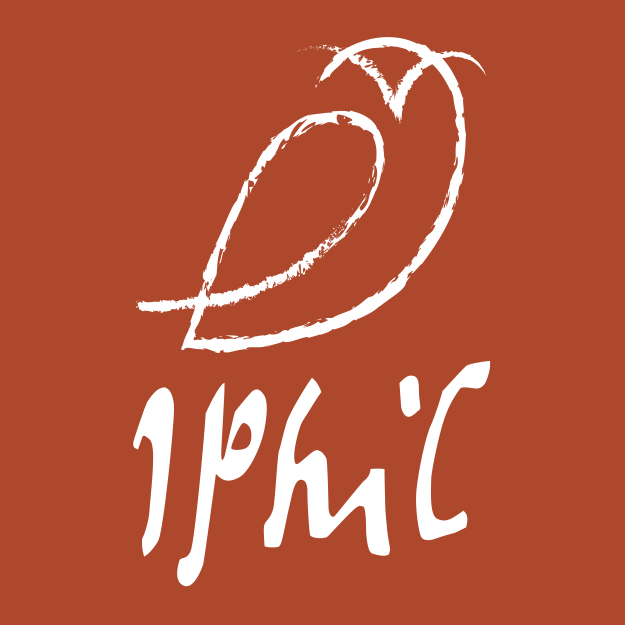Trust in Scientific Expertise
Hanna Metzen (doctoral project)
In many situations, lay persons trust the claims scientists produce, for example about the safety of vaccines, or the outcome of climate measures. A breakdown of this trust can have problematic consequences. Public trust in scientific expertise is important: We are not only epistemically dependent on scientists, trust is also needed if we want lay people to act based on scientific claims and recommendations.
Increasingly, epistemic trust in science has become an important issue in philosophy of science. What grounds trust in scientists and scientific experts? How can the trustworthiness and credibility of science be increased? What contributes to harmful distrust in science, and how can this be addressed? The aim of my dissertation project is to contribute to these discussions by integrating perspectives from other areas of philosophy. We can gain important philosophical understanding by looking at approaches from ethicists, epistemologists, and political theorists.
The first part of my dissertation deals with the nature of trust in science. There are two different ways in which philosophers of science think about trust in science: as based on objectivity or as based on shared values. Some authors argue that objectivity actually grounds mere reliance, not genuine trust. In contrast, I argue that there are plural forms of trust: Both objectivity and shared values ground trust in science in a normative sense. Here, I draw on the ethics and epistemology literature on interpersonal trust. In a pluralist reading, different trust accounts help to identify the normative elements involved in different kinds of trust in science. This also allows us to understand the ways in which trust in science may break down.
In the second part, I look at the value of trust in more detail. The trust lay people place in scientific experts depends on the role expertise plays within democracy and in relation to politics. Yet, this reveals that the proper attitude towards scientific experts cannot be blind trust: We need vigilant trust instead. I use approaches from political philosophy and argue that it is not only public trust that is valuable when it comes to scientific expertise – but also public vigilance. However, vigilant trust seems to be a contradictory notion, as it involves both a trusting and a watchful attitude. I will show that it is not, and that trust and vigilance can be compatible to a certain extent. This requires acknowledging the value of some forms of distrust in scientific expertise.
In the last part, I will investigate consequences of these outcomes in more depth, for example with regards to accountability or transparency requirements. It is often argued that such measures promote public trust in scientific expertise. However, I will show that the relationship between trust and transparency or trust and accountability is more complex and deserves further philosophical attention.
